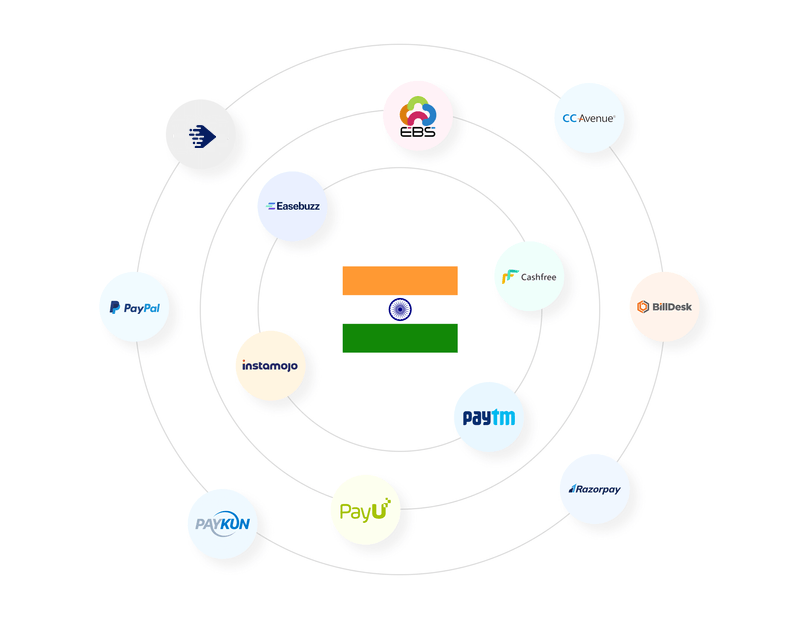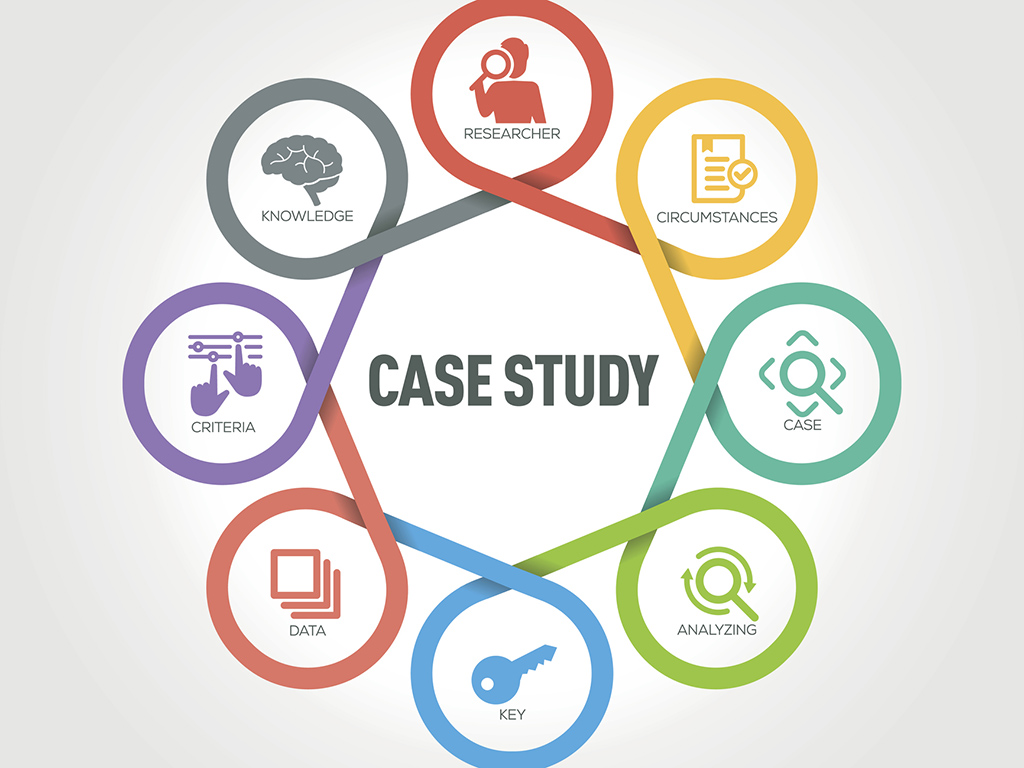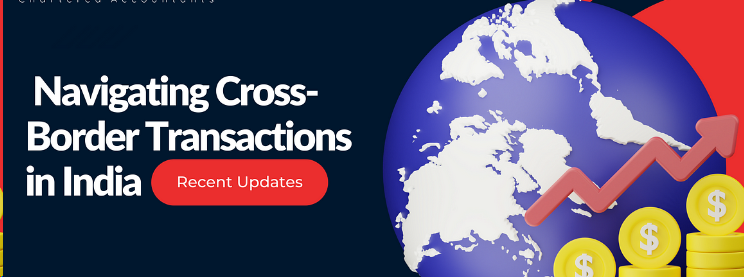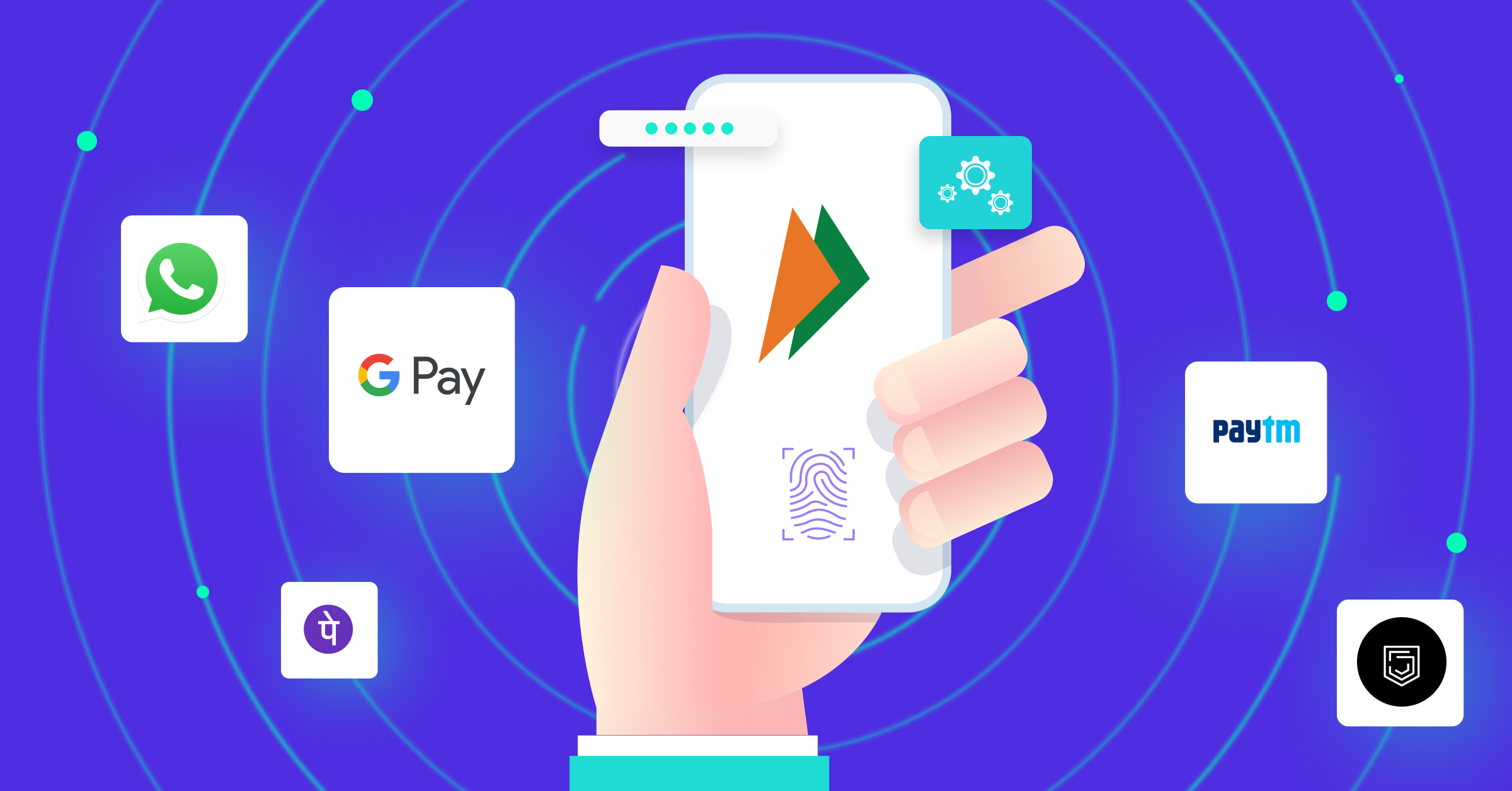AUTHOR : MICKEY JORDAN
DATE : 27/12/2023
Introduction
In the dynamic landscape of e-commerce, the fusion of payment gateways and virtual goods has become a driving force, revolutionizing the way transactions occur. This article explores the intricate relationship between payment gateways and virtual goods[1],0 specifically focusing on the Indian market.
Importance of Payment Gateways for Virtual Goods
In the digital era, payment gateways[2] play a pivotal role in facilitating seamless online transactions. For sellers of virtual goods, these gateways act as the bridge connecting their products to consumers. This section delves into the crucial role payment gateways play in enhancing trust, ensuring security, and expanding market reach for virtual goods.

Popular Payment Gateways in India
India boasts a diverse array of payment gateways catering to various needs. From industry giants like Paytm to innovative platforms like Razorpay and Instamojo, virtual goods sellers have a plethora of options. We’ll explore the features that make these gateways stand out on the market.
Challenges Faced by Virtual Goods Sellers
Despite the advantages, virtual goods sellers encounter challenges unique to their industry. Payment fraud, trust issues, and technical glitches can hinder the growth of businesses. This section examines these challenges in detail.
Solutions and Innovations
In the ever-evolving landscape of online transactions[3], solutions and innovations are imperative. Two-factor authentication, blockchain technology, and improved user verification processes are explored as means to tackle the challenges faced by virtual goods sellers.
Government Regulations
The Reserve Bank of India (RBI) has laid down guidelines to govern online transactions, including those involving virtual goods. This section discusses the regulatory landscape and the compliance required for virtual goods transactions.

Case Studies
Real-world examples provide insights into successful implementations and cautionary tales in the virtual goods market. Success stories and lessons learned from failures offer valuable lessons for virtual goods sellers.
Future Trends
As technology continues to advance, the future of payment gateways for virtual goods holds exciting possibilities. Integration of AI in payment gateways and the potential role of cryptocurrencies in transactions are discussed as emerging trends[4].
Tips for Virtual Goods Sellers
Practical tips for virtual goods sellers include choosing the right payment gateway, building trust with customers, and staying updated on technological advancements. These insights empower sellers to navigate the virtual goods market[5] effectively.

Evolution of Payment Gateway Technology
As the virtual goods market continues to evolve, payment gateways are adapting to the changing landscape. This section explores the evolution of payment gateway technology and its impact on virtual goods transactions.
User Experience in Virtual Goods Purchases
A seamless user experience is crucial in virtual goods transactions. Discussing the importance of a user-friendly interface, secure payment processes, and the role of payment gateways in businesses enhances the overall purchasing experience.
Integration Challenges for Virtual Goods Platforms
Virtual goods platforms often face integration challenges when incorporating payment gateways. Delve into the common challenges and provide insights into overcoming them for a smoother integration process.
Metrics for Evaluating Payment Gateway Performance
For virtual goods sellers, evaluating the performance of payment gateways is essential. Explore the key metrics to consider, such as transaction success rates, security features, and customer satisfaction.
Navigating Cross-Border Transactions

With the global nature of virtual goods, sellers often engage in cross-border transactions. Discuss the challenges and solutions associated with cross-border payments, including currency conversion and international regulations.
Conclusion
In conclusion, the symbiotic relationship between payment gateways and virtual goods is reshaping the way transactions occur in India. The fusion of technology, regulatory compliance, and user trust is propelling the growth of this dynamic market.
FAQs
Q1: What makes payment gateways crucial for virtual goods transactions? Payment gateways ensure secure and seamless online transactions, fostering trust and expanding the market reach for virtual goods.
Q2: Which payment gateways are popular in India for virtual goods transactions? Paytm, Razorpay, and Instamojo are among the popular payment gateways catering to virtual goods sellers in India.
Q3: What challenges do virtual goods sellers face in the online market? Virtual goods sellers often encounter challenges such as payment fraud, trust issues, and technical glitches that can impede business growth.
Q4: How can virtual goods sellers overcome challenges and ensure secure transactions? A: Implementing solutions like two-factor authentication, blockchain technology, and robust user verification processes can address challenges and enhance security.
Q5: What future trends can we expect in payment gateways for virtual goods transactions? A: Future trends include the integration of AI in payment gateways and the potential use of cryptocurrencies in virtual goods transactions.




